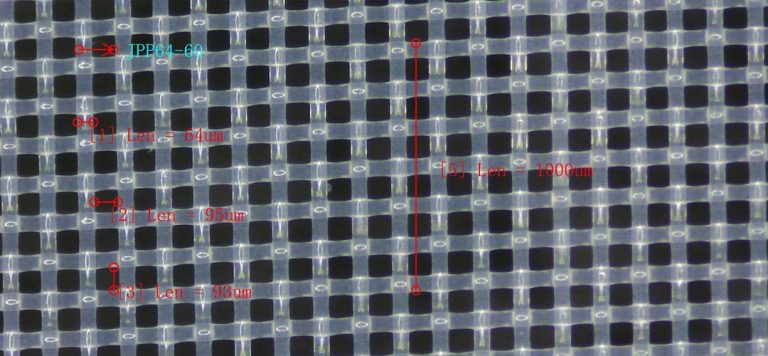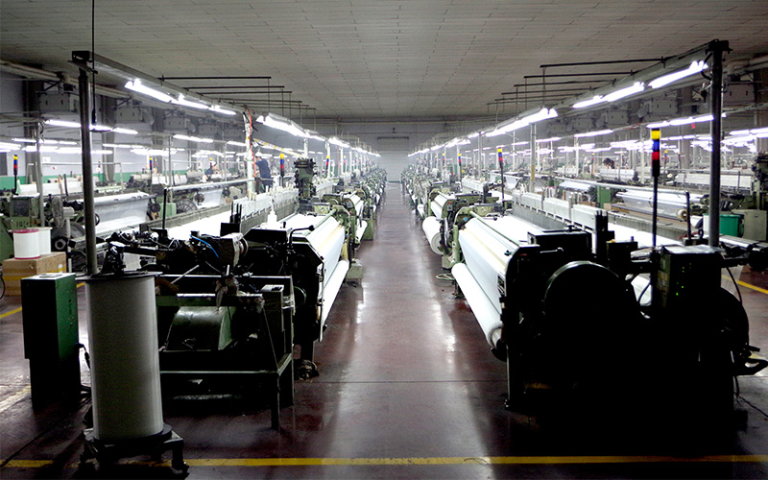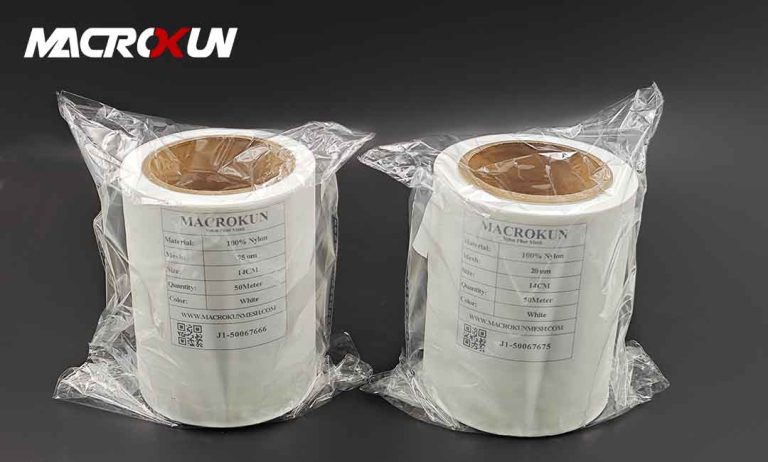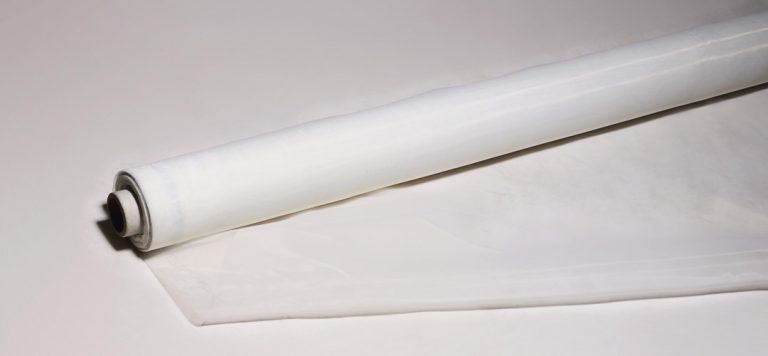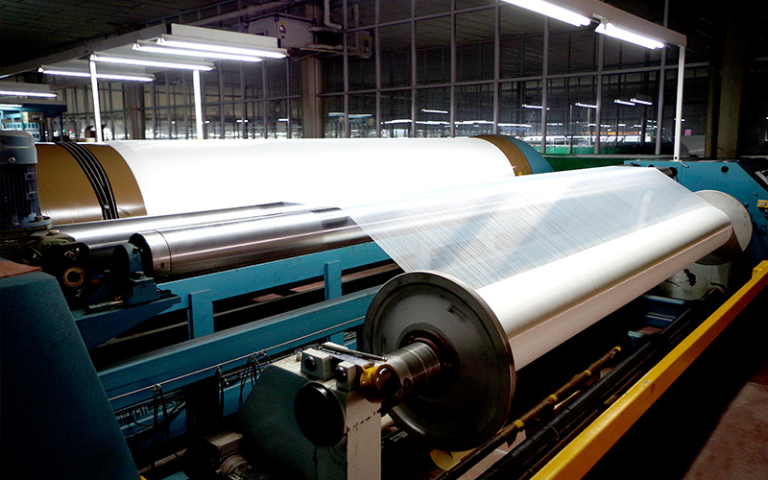Table of Contents
Durability and Strength
When considering nylon mesh for filter cloth solutions, durability and strength emerge as paramount features that significantly influence the performance and longevity of the material. Nylon, a synthetic polymer, is renowned for its exceptional resilience, making it an ideal choice for various industrial applications. The inherent properties of nylon contribute to its ability to withstand harsh environmental conditions, including exposure to chemicals, moisture, and temperature fluctuations. This resilience is particularly crucial in filtration processes, where the mesh must maintain its integrity under continuous stress and strain.

One of the key aspects of durability in nylon mesh is its resistance to abrasion. In many filtration applications, the mesh is subjected to constant friction and wear, which can lead to premature failure if the material is not sufficiently robust. High-quality nylon mesh is engineered to resist such wear, ensuring that it can endure the rigors of operation without compromising its structural integrity. This characteristic not only extends the lifespan of the filter cloth but also reduces the need for frequent replacements, ultimately leading to cost savings for businesses.
Moreover, the strength of nylon mesh is further enhanced by its tensile properties. The ability of the mesh to withstand pulling and stretching forces is critical, especially in applications where the filter cloth is subjected to high pressure or flow rates. A strong nylon mesh can maintain its shape and functionality, preventing deformation that could lead to inefficiencies in the filtration process. This strength is often quantified through tensile strength tests, which measure the maximum amount of tensile stress that the material can withstand before failure. Selecting nylon mesh with high tensile strength ensures that the filter cloth will perform reliably over time, even in demanding conditions.
In addition to abrasion resistance and tensile strength, the chemical resistance of nylon mesh is another vital feature to consider. Many filtration applications involve exposure to various chemicals, including acids, bases, and solvents. Nylon’s chemical resistance allows it to maintain its properties and performance in such environments, reducing the risk of degradation that could compromise the filtration process. This characteristic is particularly important in industries such as pharmaceuticals, food processing, and wastewater treatment, where the integrity of the filtration system is crucial for product quality and safety.

Furthermore, the versatility of nylon mesh in terms of mesh size and configuration adds to its appeal as a filter cloth solution. The ability to customize the mesh size allows for precise filtration, catering to specific application requirements. Whether the need is for fine filtration to capture small particles or coarser mesh for larger debris, nylon can be tailored to meet these demands. This adaptability ensures that businesses can achieve optimal filtration efficiency, enhancing the overall effectiveness of their processes.
In conclusion, when evaluating nylon mesh for filter cloth solutions, it is essential to prioritize durability and strength. The combination of abrasion resistance, high tensile strength, and chemical resilience makes nylon an excellent choice for a wide range of filtration applications. Additionally, the versatility in mesh size and configuration allows for tailored solutions that meet specific operational needs. By focusing on these key features, businesses can ensure that they select the most suitable nylon mesh, ultimately leading to improved performance, reduced maintenance costs, and enhanced operational efficiency in their filtration systems.
Filtration Efficiency
When considering nylon mesh for filter cloth solutions, one of the most critical aspects to evaluate is filtration efficiency. Filtration efficiency refers to the ability of the mesh to separate particles from fluids effectively, which is paramount in various industrial applications, including water treatment, food processing, and chemical manufacturing. The design and material composition of nylon mesh significantly influence its performance in filtration processes.
Nylon, known for its durability and resistance to abrasion, is an excellent choice for filter cloths. Its inherent properties allow it to withstand harsh conditions while maintaining structural integrity. The mesh’s pore size is a crucial factor in determining filtration efficiency. Smaller pore sizes can effectively capture finer particles, while larger pores may allow for higher flow rates but at the expense of some filtration precision. Therefore, selecting the appropriate pore size is essential, as it directly impacts the balance between flow rate and filtration quality.
Another important feature to consider is the mesh’s thickness. Thicker nylon mesh can provide greater strength and durability, making it suitable for applications that involve high pressure or abrasive materials. However, increased thickness may also reduce the overall flow rate, which can be a disadvantage in certain scenarios. Thus, it is vital to assess the specific requirements of the filtration process to determine the optimal thickness that will not compromise efficiency.
In addition to pore size and thickness, the weave pattern of the nylon mesh plays a significant role in its filtration capabilities. Different weave patterns can affect the mesh’s surface area and the way particles interact with it. For instance, a twill weave may offer enhanced strength and stability, while a plain weave might provide a more uniform filtration surface. Understanding the implications of various weave patterns can help in selecting the right nylon mesh for specific filtration needs.
Chemical resistance is another key feature to consider when evaluating nylon mesh for filter cloth solutions. Depending on the application, the mesh may be exposed to various chemicals, including acids, bases, and solvents. Nylon’s chemical resistance can vary, so it is essential to ensure that the selected mesh can withstand the specific chemicals it will encounter. This consideration not only affects the longevity of the filter cloth but also its overall effectiveness in maintaining filtration efficiency over time.
Moreover, the temperature tolerance of nylon mesh is a critical factor, especially in applications involving hot fluids or processes. Nylon can typically withstand moderate temperatures, but exceeding its limits can lead to deformation or degradation of the material. Therefore, understanding the thermal requirements of the filtration process is essential to ensure that the nylon mesh will perform optimally without compromising its structural integrity.
Finally, ease of cleaning and maintenance is an important aspect of filtration efficiency. Over time, filter cloths can become clogged with particles, which can hinder their performance. Selecting nylon mesh that is easy to clean can significantly enhance its efficiency and lifespan. Regular maintenance not only ensures consistent filtration performance but also reduces the need for frequent replacements, ultimately leading to cost savings.
In conclusion, when evaluating nylon mesh for filter cloth solutions, it is essential to consider various features that contribute to filtration efficiency. Factors such as pore size, thickness, weave pattern, chemical resistance, temperature tolerance, and ease of maintenance all play a vital role in determining the effectiveness of the mesh in various applications. By carefully assessing these characteristics, one can select the most suitable nylon mesh to meet specific filtration needs, ensuring optimal performance and reliability in the filtration process.
Chemical Resistance
When it comes to choosing the right nylon mesh for filter cloth solutions, there are several key features that you should consider. One of the most important factors to take into account is the chemical resistance of the material. Nylon mesh is known for its excellent chemical resistance, making it a popular choice for a wide range of filtration applications.
Chemical resistance is crucial when selecting a filter cloth solution, as the material will be exposed to a variety of chemicals and substances during the filtration process. Nylon mesh is resistant to many common chemicals, including acids, bases, and solvents. This makes it an ideal choice for applications where the filter cloth will come into contact with a wide range of chemicals.
In addition to its chemical resistance, nylon mesh is also known for its durability and strength. This makes it a reliable choice for filtration applications where the filter cloth will be subjected to high pressures or abrasive materials. Nylon mesh is able to withstand these conditions without tearing or breaking, ensuring that the filtration process is efficient and effective.

Another key feature to look for in nylon mesh for filter cloth solutions is its temperature resistance. Nylon mesh is able to withstand high temperatures without melting or deforming, making it suitable for applications where the filter cloth will be exposed to heat. This temperature resistance ensures that the filter cloth will maintain its integrity and effectiveness even in extreme conditions.
In addition to its chemical and temperature resistance, nylon mesh is also known for its flexibility and ease of use. Nylon mesh can be easily cut and shaped to fit a variety of filtration applications, making it a versatile choice for filter cloth solutions. Its flexibility also allows for easy installation and maintenance, saving time and effort during the filtration process.
When selecting nylon mesh for filter cloth solutions, it is important to consider the micron rating of the material. The micron rating refers to the size of the openings in the mesh, which determines the level of filtration that the material is able to achieve. Nylon mesh is available in a range of micron ratings, allowing you to choose the right material for your specific filtration needs.
Overall, nylon mesh is an excellent choice for filter cloth solutions due to its chemical resistance, durability, temperature resistance, flexibility, and micron rating. By considering these key features when selecting nylon mesh for your filtration application, you can ensure that your filter cloth solution is effective and reliable.

